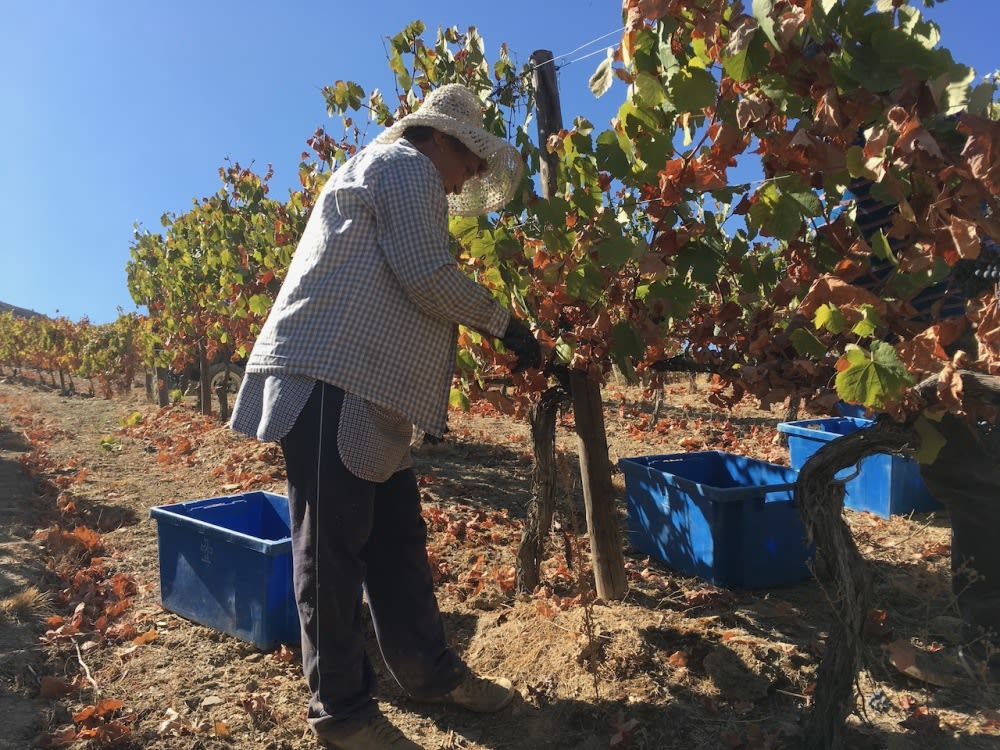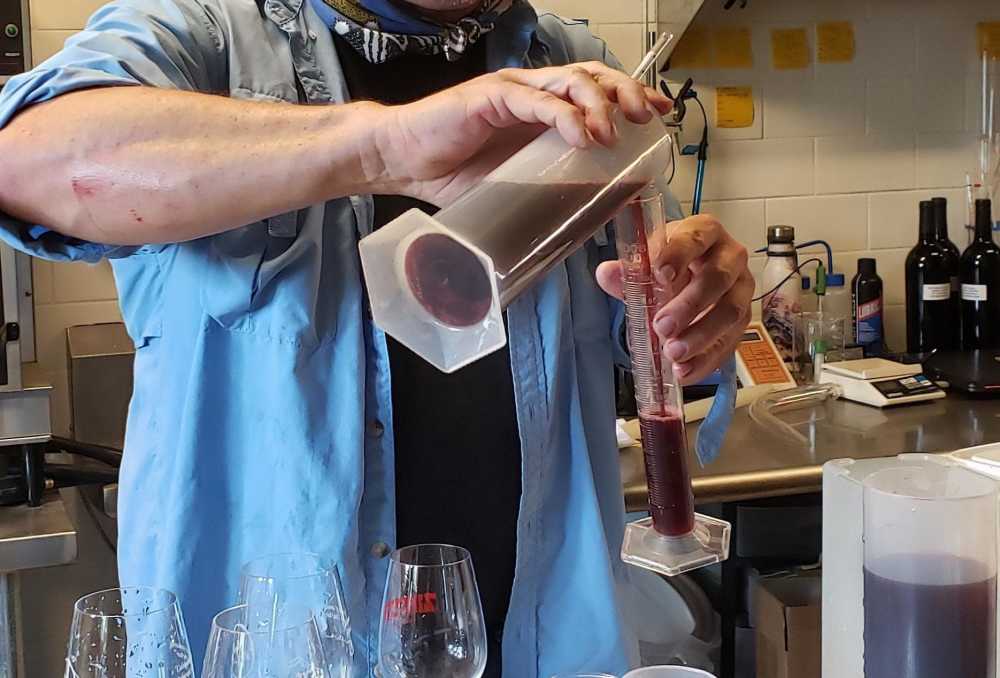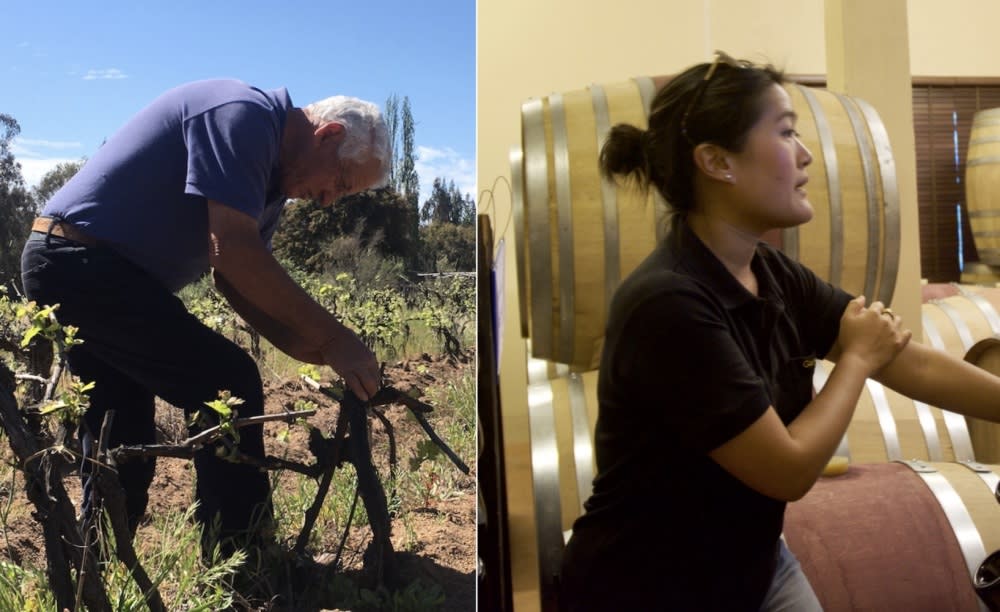There’s no doubt that good-quality grapes can only be produced in a good year. However, a good year is not a guarantee of good-quality wine.
Vines and grapes need to be looked after properly to take advantage of good weather (which usually translates into a good year), including crop yield, canopy and water management, disease control and harvest timing, in order to ensure the perfect ripeness and balance of sugar/acid/phenolics of the grapes. The year 2010 was hailed as a good year in Bordeaux, but some wine critics feel that some of the Merlot produced was too ripe, resulting in jammy, alcoholic wine with no finesse.
Vines need to be in the hands of a good viticulturist in order to produce good grapes to make wine. However, from the vineyard to the bottle, a lot of things can still go wrong. We always say that good-quality grapes can make average-quality wine, but good-quality wine can only be made with good-quality grapes.
Winemaking is like cooking. Fresh and high-quality ingredients are the base of a good dish, but the skill of the chef is equally important; he can ruin a dish by cooking with the wrong method or over/underusing salt, spices, herbs and other flavourings.
The things that may go wrong in a cellar may be related to the over or underextraction of colour and tannin, the overuse of oak (the right amount of oak enhances a wine, but if it’s overused, it dominates the aromas of the wine), overfiltration, over or underexposure to air, leading to oxidation or the reduction of a wine, and even poor hygiene in the cellar, causing spoilage.
Luckily, most viticulturists and winemakers these days are professionals, so the probability of making bad wine from good grapes is not as high as around 20 or 30 years ago. Most reputable wineries and producers are able to produce good-quality wine even in difficult years. But to produce a truly extraordinary wine requires the combination of a good vintage, a dedicated viticulturist and an experienced winemaker.
For more wine articles like this, like Foodie on Facebook











